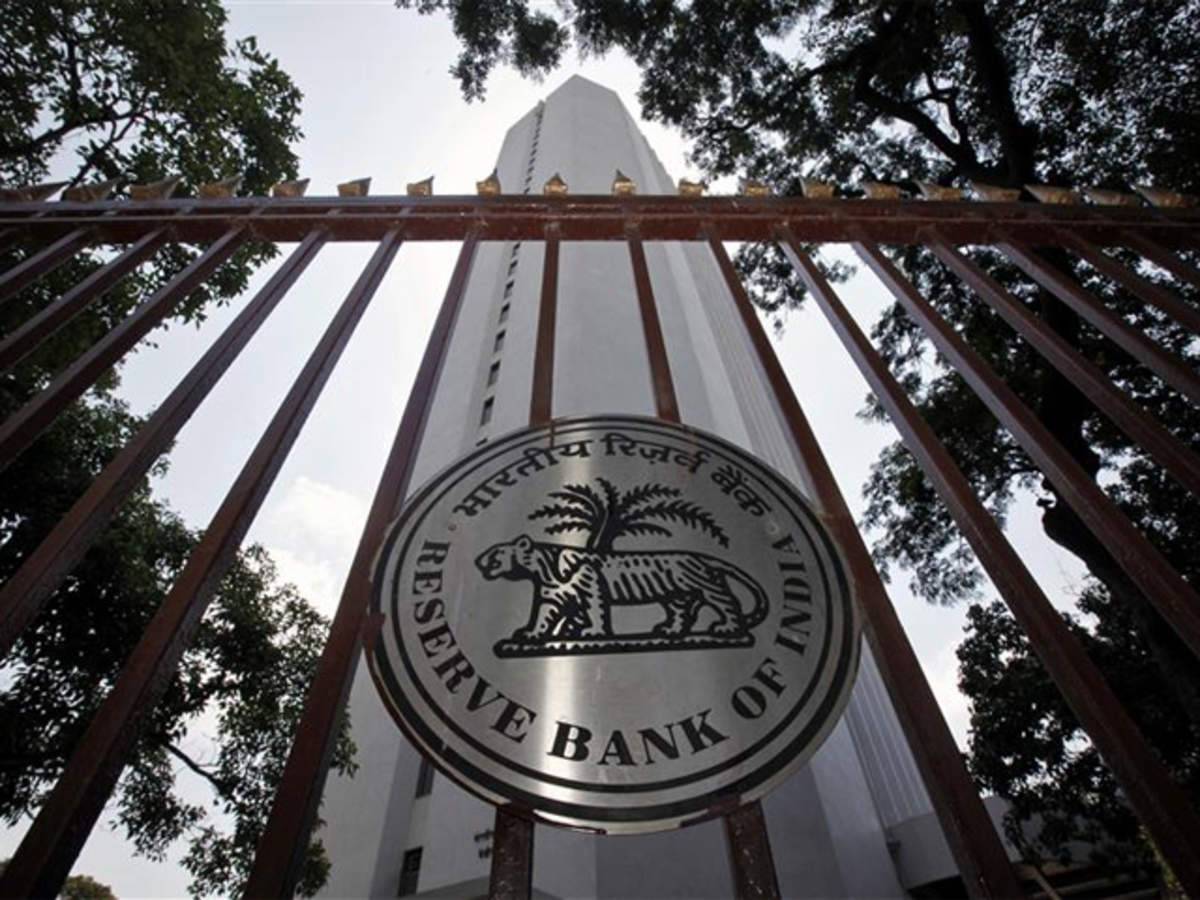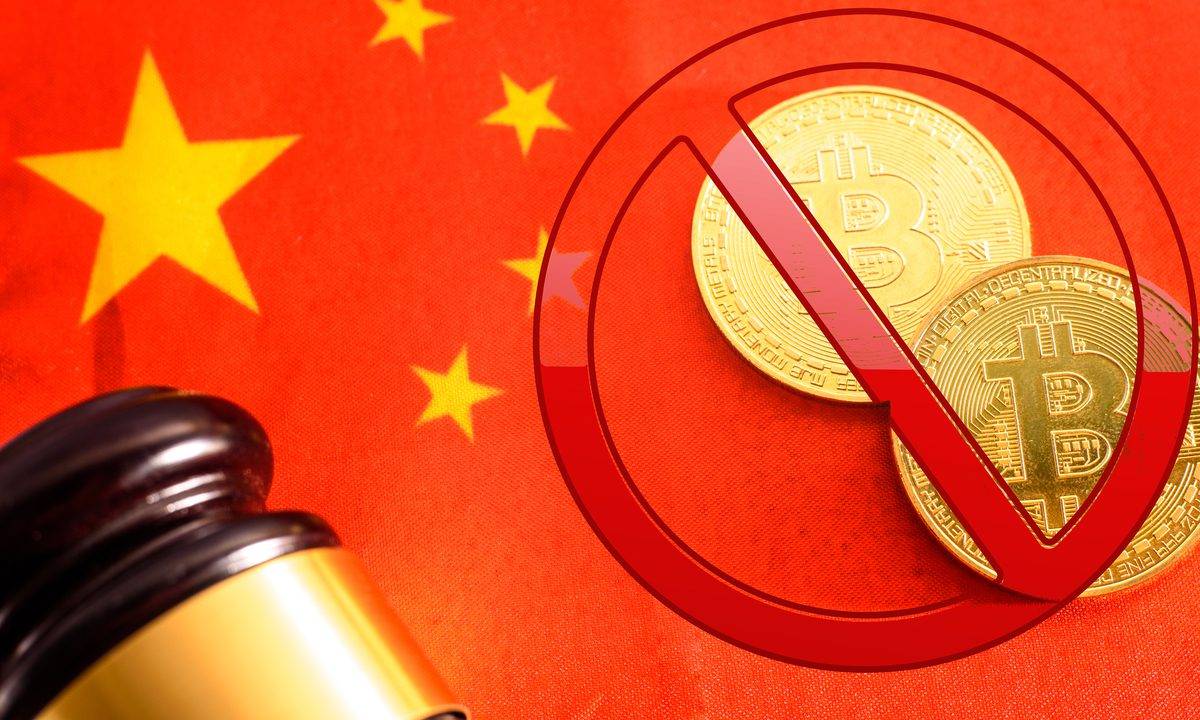
Lower Corporate Tax To Bad Banks in India
The world was presented with an unprecedented situation last year which had havocked great health crisis on nations.
But what made one country stand out from the other was its government’s strategic plan to contain the same and to turn its adverse situation into an opportunity.
It is to be noted that India was one of the nations that took quite appreciable steps to ramp its prospects in the international community.
It is no news that a long-drawn arduous battle of the government with foreign entities was ended when the retrospective tax was taken down.
Thus, it can be stated that a large breather was provided for consistent FDIs as the retrospective tax was withdrawn.
This led to more certainty about taxation rules in India and emphatically led to more business certainty in the economy.
Thus, the scrapping of retrospective law laid a robust foundation for clearer taxation policies in India.
The USA bears testimony to the fact that government intervention is crucial during a time of crisis.
This is mainly due to the fact that in the wake of the financially crippling meltdown in 2008, the United States too had embraced various emergency legislation to keep its economy afloat.
In fact, various schemes were enacted on large scale to effectively bail out private banks and institutions that were rotting away in the economy.
Along the same lines, the Indian government is implementing schemes with resolution and conviction. Given the numerous steps that have been taken during the last month, one can state that India ramped up FDI in its economy.
This can be stated as in addition to the abolition of the retrospective law which provided much-needed clarity, efforts were also made to move up a notch on the crucial scale of ease of doing business.
 With the lower corporate rates plummeting from a significant 20 percent to 22 percent, India opened its gate for various industries that had long dreamt of pursuing their dream in India.
With the lower corporate rates plummeting from a significant 20 percent to 22 percent, India opened its gate for various industries that had long dreamt of pursuing their dream in India.
In fact, if the reports are to be scrutinized, for some manufacturing firms the corporate rates were even reduced to a significant 15 percent.
In addition to lower corporate taxation, which made India a fertile ground for investments, various promotions in terms of the PLI scheme were also rewarded.
This was done to ramp up production and provide impetus in the corporations or sectors that had potential in the economy. It is to be noted that a corporation can either pull together a nation or pull it apart.
Thus, with investment in the corporate sector, the government altered its faltering prospects.
The need
This gives rise to a pertinent question what was the need for the attitudinal change or the need to make India an investment hub? Partly, a pandemic can be attributed to the success and implementation of the policy.
Various corporations and companies moving out of China due to the US-China trade war and high tariffs.
Thus, taking the advantage of geopolitics, India tried to renew its appeal to such firms with its aforementioned schemes.
Recently, newer strategies to revamp the banking or the financial sectors were also implemented. This was seen during the establishment of the bad bank in the economy.
With the establishment of the NARCL, the government aims to rectify its bad loan crisis in India and to clean the accounting books of the banking sector.
 Thus, call it immense conviction or perfect strategy, but it cannot be denied that the government has shown efficiency in the revamping of the corporate sector through the right timing and policies.
Thus, call it immense conviction or perfect strategy, but it cannot be denied that the government has shown efficiency in the revamping of the corporate sector through the right timing and policies.
What presents the government’s brownie points is the fact that such reforms had been discussed earlier and time and again in the past but were implemented by the government in the most adverse of the times.
Talking about the corporate sector, it would be hard to not mention the telecom sector in India. It is no news that the telecom sector has been news much recently.
This was due to the AGR rules that had exacerbated the woes of the sector, especially of Vodafone which was on the verge of bankruptcy.
With the implementation of the telecom relief package, the government emphatically preserved consumers’ interest. This is due to the fact that India has three major telecom giants in its economy.
These include Jio, Airtel, and Vodafone. With the disintegration of the latter, there was a high possibility of the emergence of Duopoly.
This could have not fared well for the consumers. Also taking into consideration that the government cannot allow a giant like Vodafone to disintegrate, such a relief package was designed.
Given the decisive steps that are being taken by the government, it can be stated that the current government is definitely also winning its political capital for its conviction for change.
Also many might argue that the recent amendments in laws and initiatives are being taken to not only emphatically promote ease of doing business in the economy but also to soften the blow of the pandemic.

Thus, with a slew of newer initiatives, can such growth be sustained? The answer would definitely depend on the continuation of such sagacious schemes and initiatives. But will it be so? Only the future will tell us.
Tags: corporate rates, corporate sector, bad bank, corporate tax rate, company tax rate, global minimum corporate tax, bad loans, corporate taxation rate, bad loan bank


 A hasty, uninformed decision?
A hasty, uninformed decision? But has there been a precedent that has been set for such a situation? The answer is affirmative. Similar problems were encountered earlier too when China’s central bank had effectively announced that all transactions involving cryptocurrencies were illegal.
But has there been a precedent that has been set for such a situation? The answer is affirmative. Similar problems were encountered earlier too when China’s central bank had effectively announced that all transactions involving cryptocurrencies were illegal. What also needs to be considered is the fact that most of the investors on the exchange platforms are young and from smaller towns in India. Thus, they have limited financial knowledge of the asset class. Thus given the constricted knowledge horizons, one can effectively state that they tend to panic more, especially when there is such adverse news.
What also needs to be considered is the fact that most of the investors on the exchange platforms are young and from smaller towns in India. Thus, they have limited financial knowledge of the asset class. Thus given the constricted knowledge horizons, one can effectively state that they tend to panic more, especially when there is such adverse news.
 Under particular regulation 21 of the code, the committee of creditors finds the seed of its formation. According to the code, the committee of creditors shall emphatically and strategically comprise all the financial creditors of the corporate debtor.
Under particular regulation 21 of the code, the committee of creditors finds the seed of its formation. According to the code, the committee of creditors shall emphatically and strategically comprise all the financial creditors of the corporate debtor. In fact, it is also worth mentioning here that the committee of creditors also enjoys the authority to approach the adjudicating authority.
In fact, it is also worth mentioning here that the committee of creditors also enjoys the authority to approach the adjudicating authority.

 Last year, the Indian government passed the Personal Data Protection Bill. This had provided for the establishment of the first cross-sectoral legal framework for effective data protection in India which until now was emphatically missing.
Last year, the Indian government passed the Personal Data Protection Bill. This had provided for the establishment of the first cross-sectoral legal framework for effective data protection in India which until now was emphatically missing. What makes the laws even more contentious is the fact that the proposed diabolical framework is not only quite unlikely to protect the privacy of individuals adequately but also emphatically strengthens the role of the state in the data economy.
What makes the laws even more contentious is the fact that the proposed diabolical framework is not only quite unlikely to protect the privacy of individuals adequately but also emphatically strengthens the role of the state in the data economy.


 Primary Criticism of Banking Code in India Against IBC
Primary Criticism of Banking Code in India Against IBC This perhaps is due to more palpable reasons that prior to the odious detection of the fresh variant in South Africa, the market was holding a stronger view of the bank’s interest policy and was emphatically anticipating the process of raising interest rates.
This perhaps is due to more palpable reasons that prior to the odious detection of the fresh variant in South Africa, the market was holding a stronger view of the bank’s interest policy and was emphatically anticipating the process of raising interest rates. But given the strong proposition above, is there no other narrative that is prevailing in the market? The answer is apparently no.
But given the strong proposition above, is there no other narrative that is prevailing in the market? The answer is apparently no.

 It is to be noted if
It is to be noted if  Other than enjoying popularity amongst the masses, the corporations also can use the opportunity to make positive contributions toward cultural, social, economic, and environmental issues that are increasingly prevalent in society.
Other than enjoying popularity amongst the masses, the corporations also can use the opportunity to make positive contributions toward cultural, social, economic, and environmental issues that are increasingly prevalent in society. The board of the companies usually approves the Corporate Social Responsibility Policy. The board also strategically ensures that the activities are effectively included in the Corporate Social Responsibility Policy of the company and are in fact undertaken solemnly by the company.
The board of the companies usually approves the Corporate Social Responsibility Policy. The board also strategically ensures that the activities are effectively included in the Corporate Social Responsibility Policy of the company and are in fact undertaken solemnly by the company.
 If the newer consumer protection act is to be scrutinized, the arbitrariness surrounding the definition of the consumer has been cleared.
If the newer consumer protection act is to be scrutinized, the arbitrariness surrounding the definition of the consumer has been cleared. Unfair Trade Practices
Unfair Trade Practices It is to be noted that the repealed consumer Act of 1986 did not include in its definition the scope of online misleading advertisements. Thus, these have been added to the 2019 consumer Act.
It is to be noted that the repealed consumer Act of 1986 did not include in its definition the scope of online misleading advertisements. Thus, these have been added to the 2019 consumer Act. Though, there are certain discrepancies that have surfaced since the inception of the fact. These allegations pertain to the undue influence of politicians the consumer rights and the authority of censorship that the government will effectively enjoy.
Though, there are certain discrepancies that have surfaced since the inception of the fact. These allegations pertain to the undue influence of politicians the consumer rights and the authority of censorship that the government will effectively enjoy.
 Thus, individuals will face legal risk if they indulge in cryptocurrency transactions openly or clandestinely. In fact, not only individuals but also organizations participating in such virtual currency trading will come under the ambit of China’s authoritative laws.
Thus, individuals will face legal risk if they indulge in cryptocurrency transactions openly or clandestinely. In fact, not only individuals but also organizations participating in such virtual currency trading will come under the ambit of China’s authoritative laws. But with the virus exacerbating the financial health of the sector, many were cashing on the loans that were being provided by China for the development of unfished housing in the country. But with the onset of the pandemic, population migration to such households has dropped.
But with the virus exacerbating the financial health of the sector, many were cashing on the loans that were being provided by China for the development of unfished housing in the country. But with the onset of the pandemic, population migration to such households has dropped. This has emphatically led the government to restrict Evergrande from issuing any new bonds to significantly pay off its near-term debt.
This has emphatically led the government to restrict Evergrande from issuing any new bonds to significantly pay off its near-term debt.
 The reasons for penalization by CCI
The reasons for penalization by CCI But was the price the only characteristic that characterized such cartel fixing? Perhaps no. even the supply was a characteristic that was used to incur profits and carry out fraudulent activities.
But was the price the only characteristic that characterized such cartel fixing? Perhaps no. even the supply was a characteristic that was used to incur profits and carry out fraudulent activities. Why was AB Inv let go easy?
Why was AB Inv let go easy?